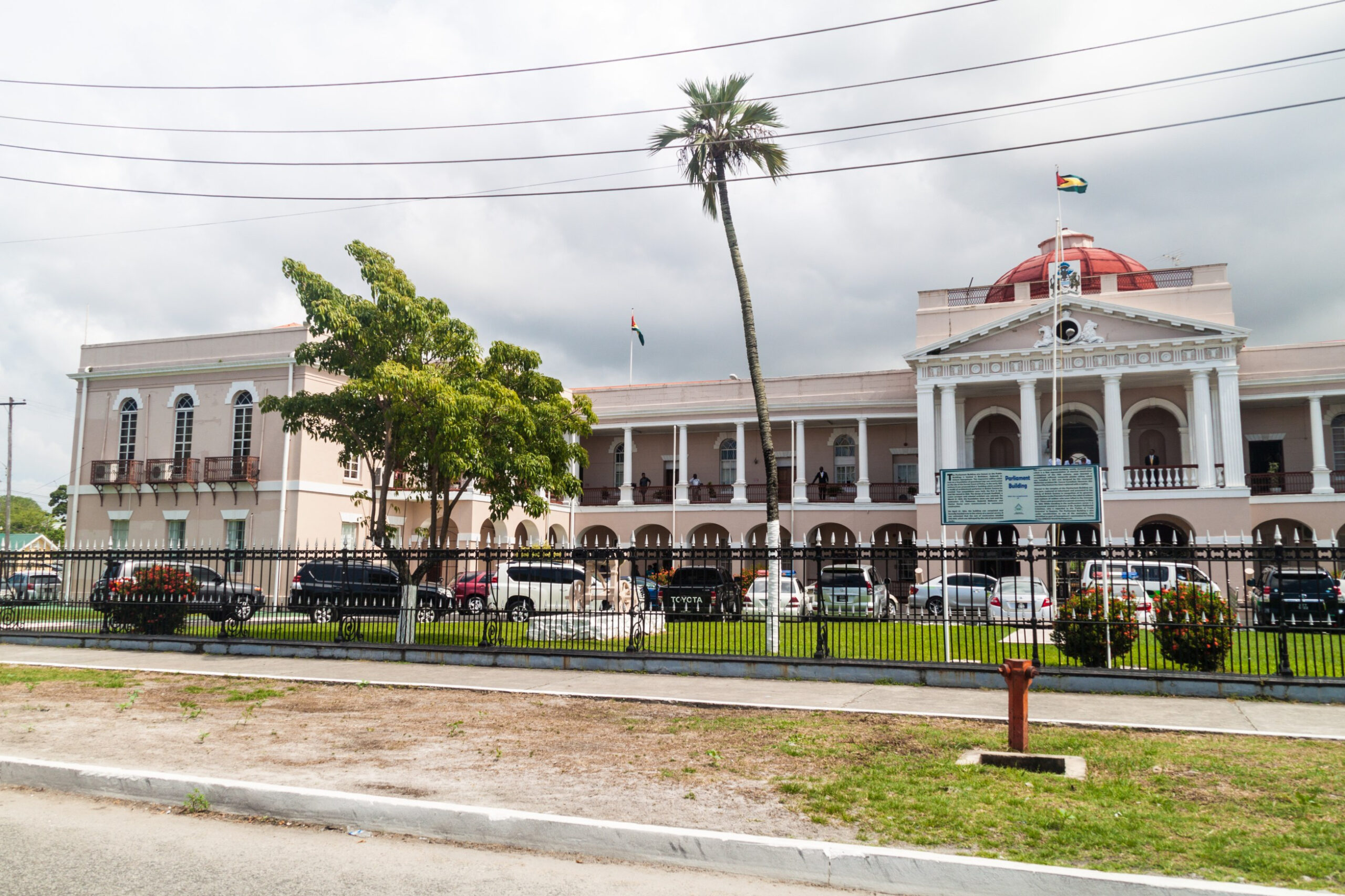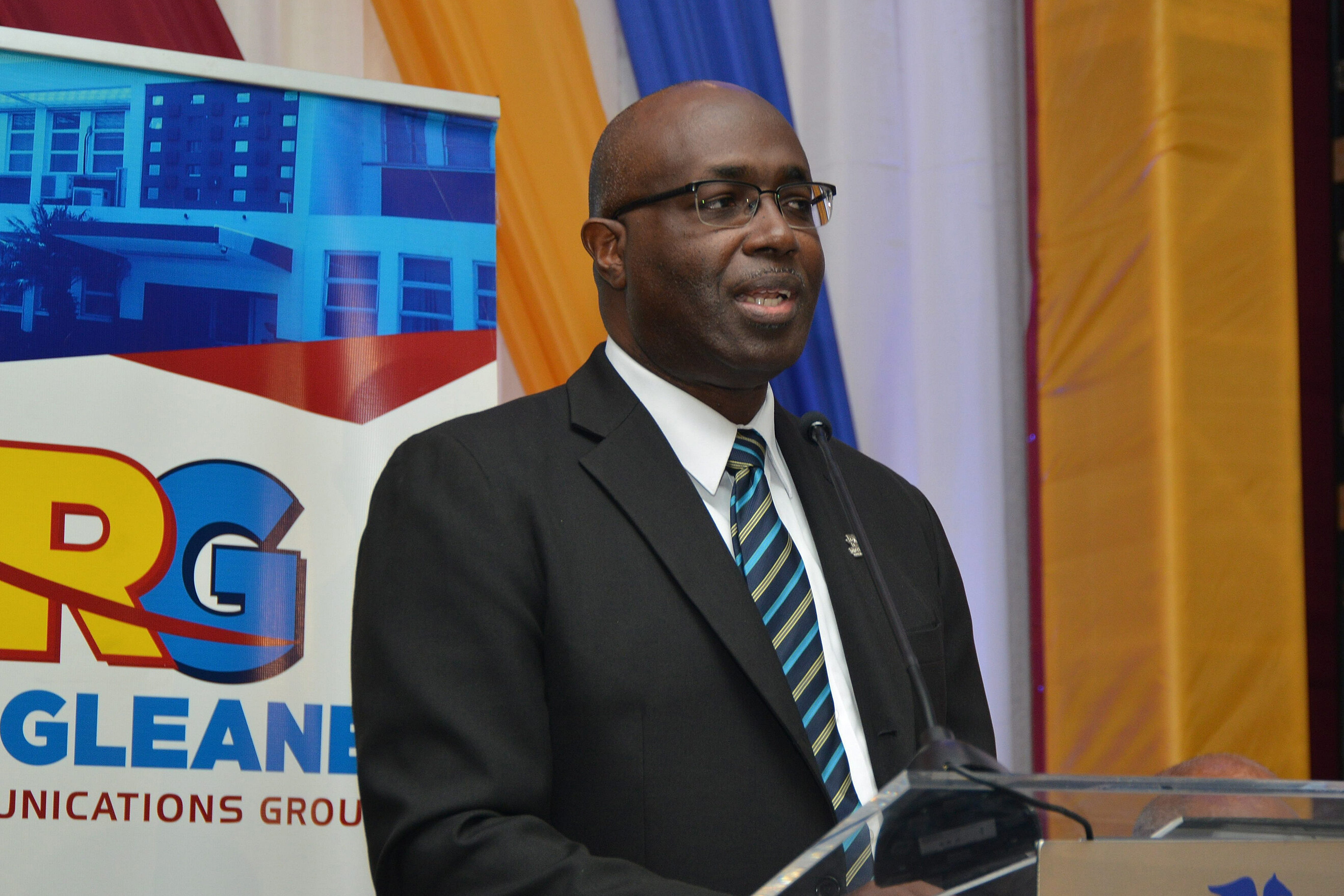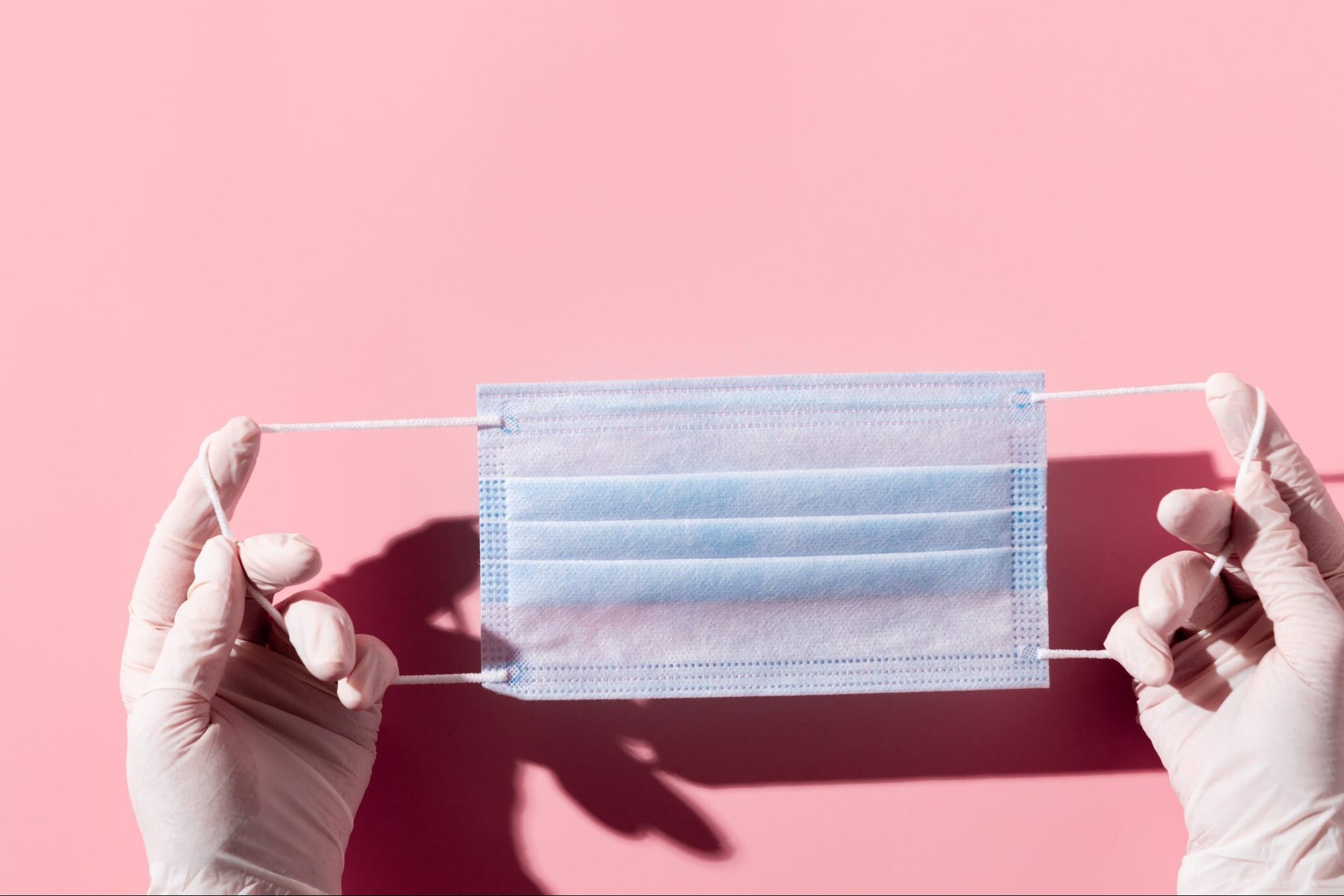Guyana: Press Association sets out on sensitisation tour in the wake of journalist attacks
25th August 2023
Months after reports of tense incidents between politicians and journalists and politically-driven attacks on media workers, the Guyana Press Association has set out to build better relationships with key stakeholders.

The Guyana Press Association (GPA) has conducted a series of outreaches to build its relationship with key stakeholders and discuss the fostering of a better relationship with the media. Between 10-20 July, GPA executives – including its President Nazima Raghubir, Secretary Iva Wharton, and Assistant Treasurer Ariana Gordon – met with the Guyana Police Force, the Canadian High Commission in Guyana, and the Guyana Defence Force.
In its meeting with Guyana Defence Force (GDF), the press association stressed the need for timely and accurate information from local agencies. This point was reiterated during the GPA’s meeting with the Guyana Police Force (GPF), where the group called for authorisation of Commanders to speak with the media; for the provision of contacts for police personnel; and the provision of time-specific crime and traffic accidents and incidents statistics. The press association also requested the “timely provision of information especially on major incidents, where confirmation and accurate information would be needed.”
In a statement on its Facebook page, the GPA said, “With widespread disinformation on various issues relating to policing as well as crime, the GPA also recommended frequent media engagements with the police via press conferences, familiarisation sessions as well as training.”
In response, Police Commissioner Clifton Hicken promised a better working relationship between the GPA and GPF and committed to several requests made. “The Guyana Press Association is committed to ensuring that the existing gaps in communication are remedied through more engagements and training,” GPA said.
Speaking recently with the Public Media Alliance, Ms. Raghubir explained that the GPA will continue its efforts to engage with stakeholders. “There are concerns about media access to the government, and the press association hopes that there’s an open dialogue with the media that allows for greater engagement between the media and the government,” she said.
Subscribe toour newsletter
Keep updated with the latest public
media news from around the world
In the wake of attacks
GPA’s sensitisation tour comes just months after local journalists faced attacks, intimidation, and harassment, both from politicians and everyday citizens.

In March, RSF reported that journalists attending a presidential press conference were forced to sit among the public – largely made up of supporters of the ruling party, the People’s Progressive Party/Civic – and were left open to verbal attacks as they questioned President Irfaan Ali. Following the event, Kaieteur News journalist Davina Bagot was harassed on social media, while GPA President, Ms. Nazima Raghubir, was forced to rebuff personal and professional attacks from Guyana’s Vice President, Bharrat Jagdeo, months later.
In an interview with LatAm Journalism Review, Ms. Raghubir explained that cyberattacks against Guyanese journalists have been on the rise. She added that while she had no statistics, “cyberbullying has really climbed.”
“…The fact is that there has been a complaint from all our journalists in the region, that on social media pages, Twitter and other social media, journalists are being singled out for their reporting and attacked, particularly women journalists.” – Nazima Raghubir, President of the Guyana Press Association
The attacks hint at wider intolerance against independent and critical media. In its 2023 World Press Freedom Day statement, the GPA said the observance came at a time when “there appears to be a creeping intolerance to media that seek answers especially from the political directorates across Guyana’s major political divide.”
“Today, we see renewed efforts by the sitting government to use its leverage in the State Media and its aligned privately-owned media to violate the inalienable right to freedom of association as enshrined in the United Nations Universal Declaration of Human Rights and the Constitution of Guyana,” the press association said. “The GPA is of the clear and unambiguous position that the government’s sole interest is to control the narrative of the reality of the Guyanese media landscape locally, regionally and internationally,” the WPFD statement read.
Read more: Guyana: Covering an election during a pandemic
The Public Media Alliance (PMA) applauds the GPA’s efforts to sensitise key agencies on the role of the media and the needs of journalists. Such understanding can majorly contribute to the upholding of democracy and accountability; lend to public trust and credibility; and better enable a system of checks and balances.
Agencies have a role to play in providing valuable and critical information that can contribute to accurate and comprehensive news reporting. Notably, during times of emergencies, crises, or instability – and in the face of widespread misinformation – the relationships between key agencies and journalists are crucial. Agencies must help journalists understand important situations, provide updates, and convey important information to the public – information that can contribute to the overall response and save lives.
Related Posts
9th December 2022
OUT NOW | Caribbean mis- and disinformation Situation Report
Greater media literacy needed to…
21st February 2022
The Existential Threat posed by Big Tech Platforms to Caribbean Journalism and Democracy
"This paper is not alarmist. It is not…


